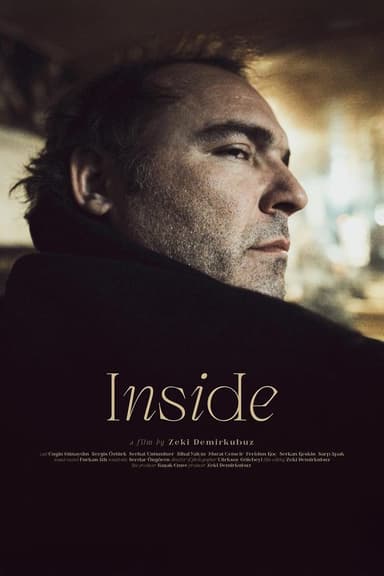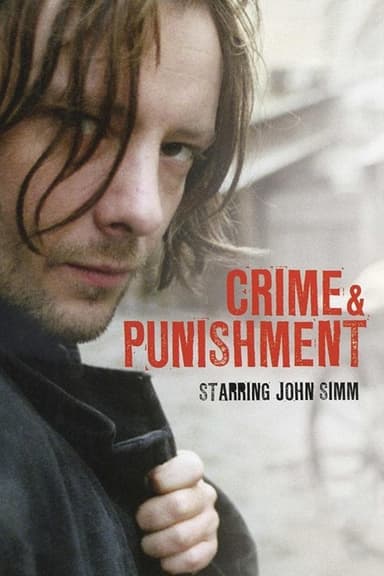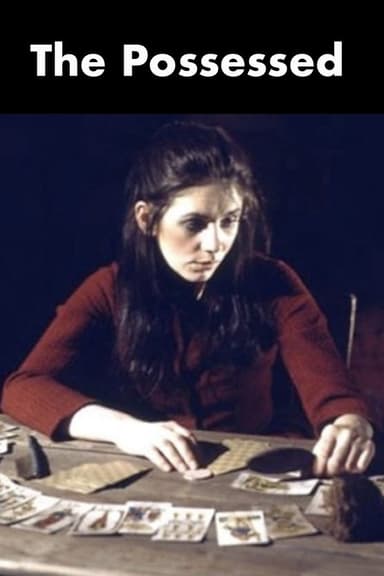
The Double
2014 • Drama, Thriller • R
An awkward office drone becomes increasingly unhinged after a charismatic and confident look-alike takes a job at his workplace and seduces the woman he desires.
Runtime: 1h 33m
Why you should read the novel
Fyodor Dostoevsky's 'The Double' offers a haunting exploration of identity, societal alienation, and psychological collapse, delving deep into the inner turmoil of its protagonist with masterful literary precision. Through Dostoevsky's intimate and immersive narrative, readers are invited to experience the claustrophobic world of Golyadkin in a way that no visual adaptation can fully convey. Engaging with the book allows you to witness the intricate play of thoughts and the subtleties of characterization, making for a profoundly richer and more reflective experience than watching the film adaptation.
Adaptation differences
Richard Ayoade's 2014 adaptation, while inspired by Dostoevsky's novel, takes significant liberties with the setting, tone, and characterization. The movie transposes the story to a surreal, almost timeless world that feels more Western and industrial, whereas Dostoevsky's novel is firmly rooted in 19th-century St. Petersburg society. This shift transforms the original's social commentary, replacing its exploration of bureaucratic Russian life with a more abstract and stylized depiction of existential angst.
In the novel, Yakov Petrovich Golyadkin’s psychological struggle is articulated through intimate narration and introspection, offering direct access to his fragmented mind. The film, on the other hand, externalizes his anxieties through visual metaphors and muted performances, leaving much of his inner life ambiguous or implied. This results in a fundamentally different emotional texture, moving away from the intense interiority that defines Dostoevsky’s prose.
Additionally, the doppelgänger in the book serves as a more direct challenge to Golyadkin’s social standing and psychological stability, confronting issues of class, reputation, and mental health in imperial Russia. The film’s doppelgänger, James Simon, interacts less with social hierarchies and more with personal alienation and workplace absurdity, emphasizing dark comedy over social realism.
Finally, the adaptation streamlines the narrative and introduces wholly original characters and subplots, shifting the focus from philosophical musings on identity and double-consciousness toward a faster-paced, more visually driven story. As such, the existential ambiguity and open-endedness of Dostoevsky’s conclusion is muted, replaced by a more cinematic (and arguably clearer) resolution.
The Double inspired from
The Double
by Fyodor Dostoevsky














